When Ally Perkins began working for New Zealand King Salmon about 18 months ago, she was one of only two women who worked on the sea farms, and they rarely crossed paths.
It was quite a change from previously working in female-dominated industries, says Ally, “but I knew it would be the case before I started, so I was prepared for it”.
“I felt that I had to almost ‘prove myself’ in the role, which wasn’t very hard to do. I think now, having been with NZKS for this amount of time, my gender very rarely gets mentioned or changes people’s opinions of me.”
Globally, Ally says, more women are being drawn into what has traditionally been a male-dominated industry. There are currently seven females working on sea farms at New Zealand King Salmon.
“According to the UN Food and Agriculture Organisation (FAO), in 2015, 70 percent of the global aquaculture workforce were female, in roles from fish production and processing through to retail and support.
“Aquaculture is only going to keep growing and advancing.
“We need more women embrace the opportunity to drive that development, and not hesitate to pursue it.”
Ally started with NZKS as an aquaculture technician in Queen Charlotte Sound, then moved to her current position of fish nutrition and trials technician within the fish health and welfare team.
The former Nelson College for Girls student arrived with a degree in biological sciences from the University of Waikato and a diploma in marine studies.
“After graduating, I worked at a regional council, managing a small team working with the RMA, resource consents and compliance. In my current role, I have supervised immunisations, working with a few staff from varying sites within NZKS, as well as external contracted staff from Scotland.”
As an aquaculture technician, Ally worked a seven-day, 70-hour rotating roster and lived on sea farms during those shifts. Now, she’s moved to a more ‘normal’ Monday to Friday roster, although this can vary depending on her work load and can still require travelling away from her Picton home for extended periods.
“I am mostly based in our Picton office lab, but I also visit all our sea farm sites, as well as the fresh water facilities and Nelson processing plants, depending on where we are needed as a team. I work a lot with external feed companies and perform tests on the different feed types before they are sent to the sea farms.
“A day at work for me could be performing retention tests on feed, I could be visiting a farm, or I could be at a hatchery supervising immunisations. Each day can be very different from the next.”
Her surroundings more than make up for any long hours: “I really enjoy that I get to work outside, in the fresh air. It’s a great feeling to be working, to look up and see the awesome scenery, and to think, ‘this is my office, I have a pretty cool job’. You get to see dolphins, seals, and orca swimming past quite often. And not many people get to take a water taxi to work either.”
Ally is no stranger to her work surroundings. As a child living in Kenepuru Sound, she was intrigued by the ocean from an early age and spent time playing in rock pools and the fish tank her parents gave her. Now, she is a Project Jonah volunteer and a qualified PADI divemaster.
“Growing up in the Marlborough Sounds facilitated my love and appreciation of the ocean and the ecosystems within it and helped me understand how we only have a limited amount of resources available to us. From this upbringing, I have learned how important sustainable aquaculture truly is – I knew then that I had a passion for it.”
“It is a privilege to be working in such a vital industry and being an emerging and constantly evolving industry in New Zealand, being able to be a part of shaping the future for our aquaculture industry is such an amazing opportunity.”
Shaping that future is something Ally wants to be part of for years to come, in the science and fish health and welfare sector of the industry.
“I believe we have a lot of potential to utilise New Zealand’s environment, both on land and at sea, and we have a lot of information at our disposal from overseas companies to aid in this.
I feel strongly that we can be pioneers in King salmon research and aquaculture development, and I want to be at the forefront of this.”

